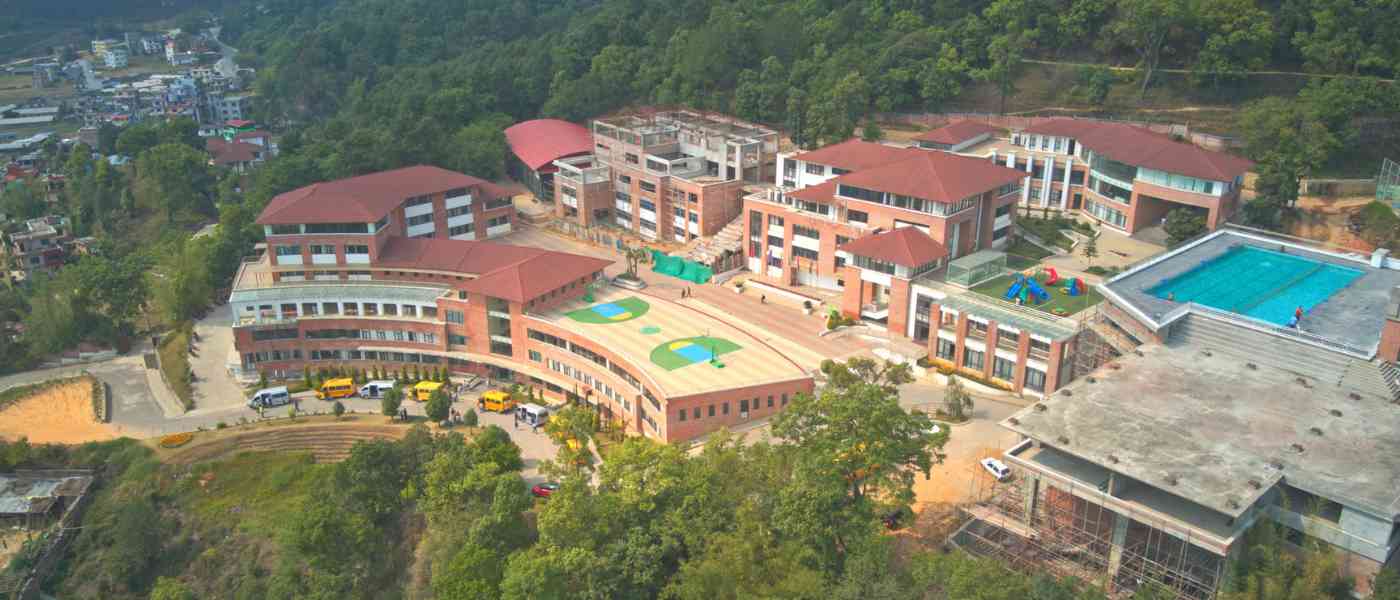In the dynamic realm of academia, the pursuit of excellence is a beacon guiding students toward success. Academic excellence isn't merely a destination; it's a journey fueled by effective study habits and learning strategies. In this article, we critically examine the intricacies of developing these habits, offering insights and practical tips to empower individuals on their quest for scholastic achievement.
Understanding the Essence of Study Habits
Study habits are the bedrock upon which academic success is built and academic excellence is what we aim to inculcate in the students at Kathmandu World School. These habits encompass a spectrum of behaviors, methodologies, and attitudes that optimize the learning process. They are about spending hours with textbooks and adopting deliberate approaches to absorb, retain, and apply knowledge effectively.Â
Students who capture the essence of effective study methods can easily navigate and guide themselves through the academic path with confidence and conviction, which eventually supports deep understanding and long-term memory retention.
Cultivating an Optimal Study Environment
Your study environment serves as the canvas upon which your academic endeavors unfold. A clutter-free, well-lit space equipped with essential study materials fosters focus and concentration. By curating a conducive environment, you pave the way for uninterrupted learning experiences, free from distractions and conducive to deep engagement with the subject matter. At Kathmandu World School, the institute recognizes the worth of a positive learning environment. Students engage themselves in scholarly endeavors in well-equipped areas designed and developed for profound studying, ensuring maximum engagement and success.
Setting Clear Goals and Prioritizing Tasks
Goals serve as the North Star guiding your academic journey. By delineating clear objectives and breaking them down into manageable tasks, at KWS we aim to infuse the study routine with purpose and direction. Prioritizing tasks based on their significance ensures that your efforts are aligned with overarching academic aspirations, fostering a sense of progress and accomplishment.
Mastering Time Management Techniques
Time is a precious commodity, especially in the realm of academia. Effective time management entails crafting schedules that balance study sessions, leisure activities, and restorative breaks. Embracing techniques like the Pomodoro Method which is a structured method made up of processes, tools, principles, and values to learn how to deal with time and turn it from a vicious predator to an ally to boost productivity or time blocking empowers you to make the most of your study sessions while guarding against burnout and fatigue.
Embracing Active Learning Strategies
Passive consumption of information can only take you so far. Active learning, on the other hand, involves dynamic engagement with the material through practices such as summarization, problem-solving, and peer discussions. By immersing yourself in the learning process, you deepen your understanding, fortify your retention, and cultivate critical thinking skills. It provides opportunities to process course material through thinking, writing, talking, and problem-solving to give students multiple avenues for learning.
Harnessing the Power of Visual Aids
Visuals have a remarkable ability to simplify complex concepts and enhance comprehension. Integrating visual aids such as diagrams, charts, and mind maps into your study materials amplifies your cognitive processing and aids in information retention. Whether you're a visual learner or not, leveraging visual cues can augment your learning experience and unlock new avenues of understanding.Â
Elevating Note-Taking to an Art Form
Note-taking is a skill that transcends mere transcription; it's an act of synthesis and interpretation; this falls in line with the teaching methods and values taught at Kathmandu World School. Adopting structured note-taking techniques like the Cornell Method or concept mapping empowers you to distill key insights, organize information effectively, and reinforce learning through active engagement with the material.
Embracing Collaborative Learning Opportunities
Learning thrives in a collaborative ecosystem where ideas are exchanged, perspectives are challenged, and knowledge is co-created. Engaging in study groups, online forums, or peer discussions exposes you to diverse viewpoints, deepens your understanding, and cultivates a spirit of collective growth and collaboration.Â
Nurturing Self-Care Amidst Academic Rigor
Amidst the rigors of academia, self-care emerges as a non-negotiable cornerstone of holistic well-being. Prioritizing sleep, exercise, and mindfulness replenishes your mental reserves, enhances cognitive function, and fortifies your resilience in the face of academic challenges.
In essence, developing effective study habits isn't just about securing good grades; it's about cultivating a lifelong love for learning and a relentless pursuit of personal growth. By embracing these strategies and infusing your academic journey with intentionality and perseverance, you lay the foundation for enduring success and fulfillment in all facets of life. At Kathmandu World School, we understand that developing well-rounded students extends beyond academic achievement. Encouraging students to prioritize self-care builds resilience and empowers them with essential life skills for success even outside of the classroom, guaranteeing holistic development and lasting achievement.


